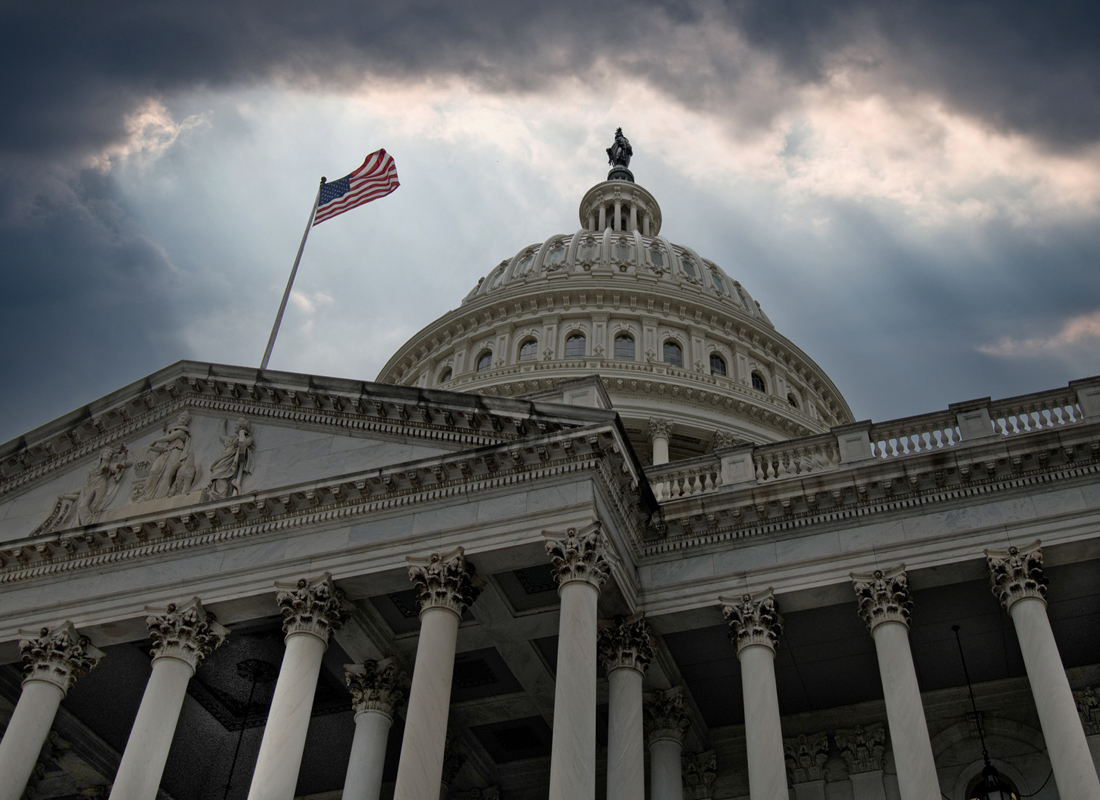Expert Q&A: What’s New with PAMA and SALSA?
Joyce Gresko, partner at Alston & Bird, discusses the latest on PAMA and what will likely need to happen for SALSA to pass in 2024.

At the end of 2023, Congress delayed Protecting Access to Medicare Act of 2014 (PAMA) cuts for another year with the passage of the Further Continuing Appropriations and Other Extensions Act of 2024. Without this delay, laboratories would have experienced Medicare reimbursement cuts of up to 15 percent for about 800 lab tests. These cuts are still on the table for 2025. However, the Saving Access to Laboratory Services Act (SALSA), H.R. 2377 / S. 1000, offers a permanent solution that could address PAMA’s main problems once and for all. Joyce Gresko, partner at Alston & Bird, recently discussed these issues and SALSA’s chances of passing in 2024 in a recent G2 Intelligence Lab Institute Virtual Event presentation and Q&A with attendees, and in a follow-up email interview with G2.
Q: Who are the members of Congress behind SALSA?
A: Senator Sherrod Brown, who’s a Democrat from Ohio, and Thom Tillis, a Republican from North Carolina, are the original co-sponsors in the Senate. In the House, Representatives Richard Hudson from North Carolina, Scott Peters from California, and Bill Pascrell from New Jersey are some of SALSA’s champions. Currently, there are more than 50 cosponsors in the House and the Senate, both Democrats and Republicans. There are few things that as many Republicans and Democrats agree on as SALSA; it’s a pretty dedicated group of members who want to see this pass.
Q: What are the chances of SALSA passing this year?
A: It wouldn’t be responsible—or credible—to make predictions about it this early in the year. At the time of the webinar [in mid-November 2023], it was clear that not enough boxes had been checked for SALSA to have made it into an end-of-year package, like a full Congressional Budget Office (CBO) score for the bill. What happens this year depends on whether CBO scores the bill and whether there is an end-of-year healthcare package with momentum and broad support into which SALSA can be integrated.
Q: How would sampling work under SALSA?
A: For each “widely available test”—tests that are offered by 100 or more labs and where the current reimbursement rate is less than $1,000—the Centers for Medicare & Medicaid Services (CMS) would look at the distribution of claims for each one of those codes. For example, CMS would look at what proportion of claims for Code A were submitted by independent labs versus hospital versus physician office labs, and then it would collect a statistically valid sample from labs, basically in proportion to the claims submitted by each of those sectors. CMS would collect the same information that it gets under current law, such as private payer rates and the associated volume, and the rate still would end up being the weighted median, but the burden would be reduced for labs, because not every lab would have to report. Second of all, [data] would include all the sectors, which would ensure that they’re truly market-based reimbursement rates. Again, the sampling would be only for those widely available tests, they wouldn’t be for any of those codes on the CLFS [Clinical Laboratory Fee Schedule] where fewer than 100 labs furnish that code. For a test code that is not a “widely available test,” every “applicable laboratory” that submits claims for that code would have to submit applicable information.
Q: What are the latest developments regarding PAMA and SALSA?
A: SALSA did not have to be reintroduced, since it’s the same Congress. There are a handful of new co-sponsors for SALSA since last November—otherwise, the activity remains the same: advocacy for its passage by the end of the year. It’s now five years since the data collection period (the first six months of 2019), and the commercial payer data that makes up the data grows staler by the day.
________________________________________________________________________________________________________________________________________
Joyce Gresko is an attorney in Alston & Bird’s Washington, DC office, where she is a member of the Health Care Group and Legislative & Public Policy Team. She focuses her practice on healthcare regulatory, legislative, and compliance matters. Her clients include clinical laboratories, medical device manufacturers, durable medical equipment suppliers, healthcare professional associations, and other healthcare entities. She assists her clients with understanding and resolving issues relating to Medicare and Medicaid coverage, coding, and payment, federal and state fraud and abuse laws, effective compliance programs, and healthcare quality. Joyce also leads Alston & Bird’s Government Ethics & Compliance practice, advising corporate and political committee clients on federal and state election law and lobbying requirements. She thinks about her clients’ needs holistically and strategically and brings a practical approach to problem-solving.
Subscribe to view Essential
Start a Free Trial for immediate access to this article